|
The first of this weekends's link posts is from Alison Rimm on HBR about to-do lists. The whole article is worth a read for how she manages her to-do's, but I love the following advice about using this in conjunction with your calendar, which I have also been doing for a while now:
The calendar is for blocking out time to accomplish important matters on schedule. For example, instead of putting an item like “write speech†on my to-do list, I put it on my calendar, blocking out the necessary prep time to get it done. I do this as soon as I book the speech. Then there’s no chance that I’ll notice the day before, “Oops, I’m supposed to give that speech tomorrow!†And putting it on the calendar right way means that if I don’t actually have time to write the speech, I can see that at the outset and (regretfully) decline the opportunity. I consider that block of time an unbreakable appointment. Read the whole article here
It is much easier when there is an air of possibility, when the future looks bright when you can see a way out. When the subject is something you are passionate about, when you are interested in learning more and excited about putting things into action.
But what about when the outlook is not that rosy? When you have to do things you are not interested in but have to learn anyway? Anyone that has tried to do anything of note - get promoted, start a company, get signed to a record label - has had to keep going through the tough times. They have had to be positive in the face of adversity. They have had to believe in a better future even when the present continues to look so bleak. It is surely this ability to remain positive and focused no matter what fate throws at you that is the thing that separates success from failure, victory from defeat. Being able to be positive though, is completely mental and nothing to do with external factors at all. Having a science background, I have been blind to this for a large part of my life. What was, in hindsight, cynical and destructive, I labelled as realistic. Of course, this is a self-fulfilling prophecy. If I think something will not work, then am I really likely to try past the first hurdle? It will just confirm what I thought, and I will give up. Is there any downside to being positive in every situation? You will likely be happier, you will give more energy to yourself and those around you, and even if that particular situation does not work out, who cares? At least you give it your best shot with the best mindset. What is the alternative? To give up and be miserable? Go expand your possibilities.
Oscars usually go to someone actually doing their job - acting. People taking on roles that are different to their natural personality. I personally usually find these performances over exaggerated. Ones that would no doubt be impressive on the stage but are not subtle enough for my tastes on film. I prefer movies where for all intents and purposes the actors are just being themselves and they have been cast as such. Why force someone to act completely out of character when you could just get a different actor who is like that character?
This brings me on to personal development. If you want to be different, you can be right now. Today. The body leads the mind and the mind leads the body. Want to be more confident? Stand up tall, make eye contact longer than usual, speak to everyone you meet. These are not superpowers. Just act the way you want to be and soon you will gravitate towards this. On the flip side, do not forget your strengths. Do you think that you will continue to be great at the things you are already known for if you are distracted acting at something else? It takes time and energy to think how to be different than your natural style. What is natural though? Shyness and social awkwardness are learned, not innate. There are many examples of outgoing toddlers not afraid of anything who turn into reclusive teenagers trying to fit in. For me, as Robert Kiyosaki says, you want to be on the edge of this particular coin. Knowing what side of the coin to use at any particular time. Know what will hold you back if you do not act differently and know what you are best at. Flip the coin as often as needed.
Whatever happens is the best thing. What is the alternative? When things happen that are outside of our control then the best thing is to just think that this is the best thing. If you cannot think this is the best thing then think of three other good things to come out of the situation.
This is not being blind to reality - quite the opposite. It is understanding that our reality is made in our perceptions and our thinking. Just because something did not play out the way we wanted, it is no reason to assume it is bad. It has happened. This is all the reality of the situation. Nothing that happens is good or bad. It just has been. If it has happened, then you cannot change it. You cannot go back, only forwards, only now. Any appropriation of emotion, any labelling of good or bad is all in our minds. What is the point of thinking something is bad? You cannot change it and it is your thinking that it is bad that is making you feel the way you feel. Rather than trying to change the world around you, try focusing on your own thinking, your own emotions, your own philosophy. If you do not already think like this, that whatever happens is the best thing, then do not wait for something big and unexpected to happen. Start practicing now, whilst things are good, while you do not need it. Ignore the bad things, focus on the good. And, of course, the bad things are also the good things. What is the alternative? To make yourself miserable? Thinking that everything is bad, that the world is against you, that you cannot do anything about it? Let go of outcomes. You are not in control of these. Inputs are out of your control, but you could still get stopped from physical actions today. Thinking is the only thing that is in your control. Treat it with the special attention it deserves and train this muscle.
Remembering that you have control over your own emotions and your own reactions is surely something that should not be left for people to discover when they enter the real world by chance. Unless sought out through your own reading of books or blog posts or perhaps happened upon in a corporate training session, there is nowhere else this is taught.
For a sound mind and a happy life, it is surely the best remedy. As parents, all we really want is for our children to be happy. So why is this underlying outlook on life not taught in school? Why must we happen upon it by chance? Learning how to think is the best possible thing one could learn. Some have it naturally, some pick it up and others waste a lifetime not knowing what they are missing. Instead, through frustration and regret, or worry and anxiety, seek a quick fix from a pill because they do not know there is nothing wrong with them apart from lack of practice. I wonder whether schools will change what they teach in our lifetimes. How many people need to remember dates of historic battles? To remember the abbreviations of the periodic table or, in fact, to know anything without looking it up via Google. Is this really a skill that is needed? With all this "knowledge," we leave school not being taught social skills, confidence, leadership, how to run a meeting, how to sell - an idea, a product, a business - how to start, time management, prioritisation, how to actively listen, eye contact, body language, how to code, how to find our strengths, how to delegate, how to bring others on board, how to be a kind human being, charity, money management, reallocation, pensions, 401Ks, ISAs, stocks and shares and tracker funds, bonds derivatives, lessons from the past rather than dates and facts. These are the things you need to know in the real world. All I can remember from school is 1066, the battle of Hastings - and I was an A and B student.
I used to think that it was just a way to stop people complaining in meetings. To give them an action to sort out whatever they raised as an issue in a team meeting.
Well, it might be, but it is also a great gift for development. If someone cares enough about a subject to raise it as an issue amongst their boss and their peers, then it must be something important to them to change. Allowing them to take responsibility for sorting it out rather than just stepping in to provide an answer is a great way to get someone to grow. It shows that they can take responsibility for everything in their lives and therefore work to change it. It also serves a great purpose to teach them time management. They are not going to have anything taken off their plate, they must find time to do sort the new issue too. Giving someone something they are passionate about is the best way to prioritise and make things quicker as they will have to find a way to make the things they are less interested in, or less important, be done in a faster time to free up space for this new project. If they were not passionate about it and they were just complaining, then this a great lesson too. It is easier to criticise than it is to do. No one is going to sort out shit for you, you are going to need to do it on your own. Not complaining is a great habit to get in to, although one that I find particularly difficult in our society as we are surrounded by it. All the news is complaining. About something someone has done, something someone has not done or something someone should have done better. There are not many influences around us that teach us to just make the change ourselves in whatever version we can influence. And then to build on it. This is how everything gets done but apparently is not important enough to be taught at school. The second of this weekend's link posts is some timely advice from Ayodeji Awosika on focussing on what you are rather than what you are not. Stop letting them distract you. No watching news this week. Do something that matters instead. Write the draft, lift the weight, call the potential customer, paint the picture, spend time with the loved one, serve the community, love the neighbor, care for yourself, seize the opportunity. No focusing on what you aren’t. Focus on what you are — capable, resilient, human. No outrage over the latest scandal. Focus on what you can control — your attitude, your action, your own moral fortitude and example set for others. Maybe I went a little deep with this one, but what I see today appears to be a classic magic trick… How does a magician trick you? He misdirects you. He draws your attention to his distraction while the real trick is happening elsewhere. Don’t let the current climate of society trick you. While you’re focusing on what to be mad about you’re missing out on all the good the world has to offer. Read the whole article here
For the first of the weekend link posts we turn to riding the wave of motivation by Doug Toft who has some great advice from BJ Fogg, a psychologist at Stanford University. This fits in with our thinking in a previous blog post on setting up your future self. Over to Doug:
Harness high motivation in three key ways High motivation is temporary. It can disappear in a matter of days, hours, or minutes. So, seize the precious opportunity that high motivation presents. According to BJ, the most valuable things that you can do when highly motivated are: 1. Structure your future behavior. Structured behaviors are presets — default options. For example: If you want to reduce your spending, then cut up your credit cards. If you want to stop eating junk food, then remove all that stuff from your kitchen and throw it away. If you want to exercise regularly, then schedule a personal trainer. This strategy is powerful because reversing your earlier commitment forces you to exert extra effort, such as calling the trainer to cancel. 2. Reduce barriers to future behavior. For instance, go to the grocery store and buy a lot of vegetables. Then go home, wash them, cut them, and put all that good food into serving size containers. This reduces a barrier to making healthy meals when your motivation to cook sags and you feel the urge to do something easier — like going out to eat. 3. Increase capacity. When your motivation to cook a healthy meal is high, for example, then take that opportunity to learn a new recipe. This is harder than going out to eat or chopping vegetables. But as you practice making the meal over the coming weeks, you’ll find this behavior easier to do — even when you don’t feel like cooking. Note that I’ve numbered these options in the order that BJ recommends. So when motivation peaks, start with #1 before trying #2. And opt for #3 after experimenting with #2. Read the whole article here We choose our own actions. Even when we are planning the future, it is the planning that we are doing in the present moment. We only have the present to do things and only a series of present moments before the future becomes the present and then just as quickly becomes the past. Wishing is the worst of future activities. Wishes get you nowhere. Next best is planning. This can be helpful but can also be disguised procrastination. If you are planning in the present moment, then this is also time that cannot be spent actually doing the activities that will move your plan forward. Realise this and also that 'no plan survives first contact with the enemy' as well as the fact that you are unlikely to be planning to lead men into war. If you plan fails, it does not matter. Try something else. If it can be helpful to plan, but also if the plan is likely to change and is not life-threatening, then how much time should you. Spend planning? As little as possible. Say, ten minutes? A plan can protect us from busy work. We just need to make sure that doing the plan, and the associated tasks of keeping it up to date does not become the busy work itself. A quick rule of thumb for planning quickly: Plan top-down using no more than three steps. Then list no more than three steps below these as sub-tasks sub-steps. This forces you to keep it really simple. Do not over complicate things. You do not need much structure to know what you should be doing right now. Keep it simple to the point that it seems too simple. Then do the first thing that you can do. You do not need much more than this to start. Just start. For a long time, I have not been interested in word gymnastics about management and leadership. There are many books and articles that do just that. I always used to think as leadership as good management, and management as mediocre or poor management. This used to annoy people that considered them as vastly different things. But in my flippant disregard for language, what I meant by being a good manager, and therefore a leader, is simply that you set your own work for you and your team rather than simply carrying out the instructions from above - mediocre or poor managers can do that. This is what led to my disdain for a difference in language as I could not see why anyone would be a manager that did not want to plot their own course. And I did not see why any leader would want a manager that did not want to help decide in which direction to work towards. If a manager is simply managing, then why do we need them? Cut out the middleman. On a recommendation from my day-job boss, I have started read Leadership Plain and Simple, which has solidified my previous thinking, although the book too does draw a distinction. This book brought to life the part that I was trying to convey. The future. Leaders have a vision of the future. Something they are striving for. Something that needs to be different. When people think leadership and management are different it is surely the future element that is missing from the latter. This is what I mean when I say leadership is just good management because I was blind to the fact that anyone would not want to plot their own course for the future if they were a manager. If word gymnastics are in order, then a clearer distinction should be between leader/manager and manager/supervisor. If you just want to baby sit some employees and be a message regurgitate, then you are a supervisor. If you think up some better version of the future and then put that into action? Now you are a leader. |
Archives
August 2020
Categories
All
|
MeeTime Copyright © 2016
*Goldman Sachs, Rolls Royce, Nielsen, Molson Coors, DXC Technologies, Hewlett Packard Enterprise and their respective logos are trademarks and are in NO WAY affiliated, endorsed by or associated with MeeTime.
MeeTime Ltd is a participant in the Amazon Services LLC Associates Program, an affiliate advertising program designed to provide a means for sites to earn advertising fees by advertising and linking to Amazon.com.
*Amazon and the Amazon logo are trademarks of Amazon.com, Inc., or its affiliates.
Additionally, MeeTime Ltd participates in various other affiliate programs, and we sometimes get a commission through purchases made through our links.
*Amazon and the Amazon logo are trademarks of Amazon.com, Inc., or its affiliates.
Additionally, MeeTime Ltd participates in various other affiliate programs, and we sometimes get a commission through purchases made through our links.

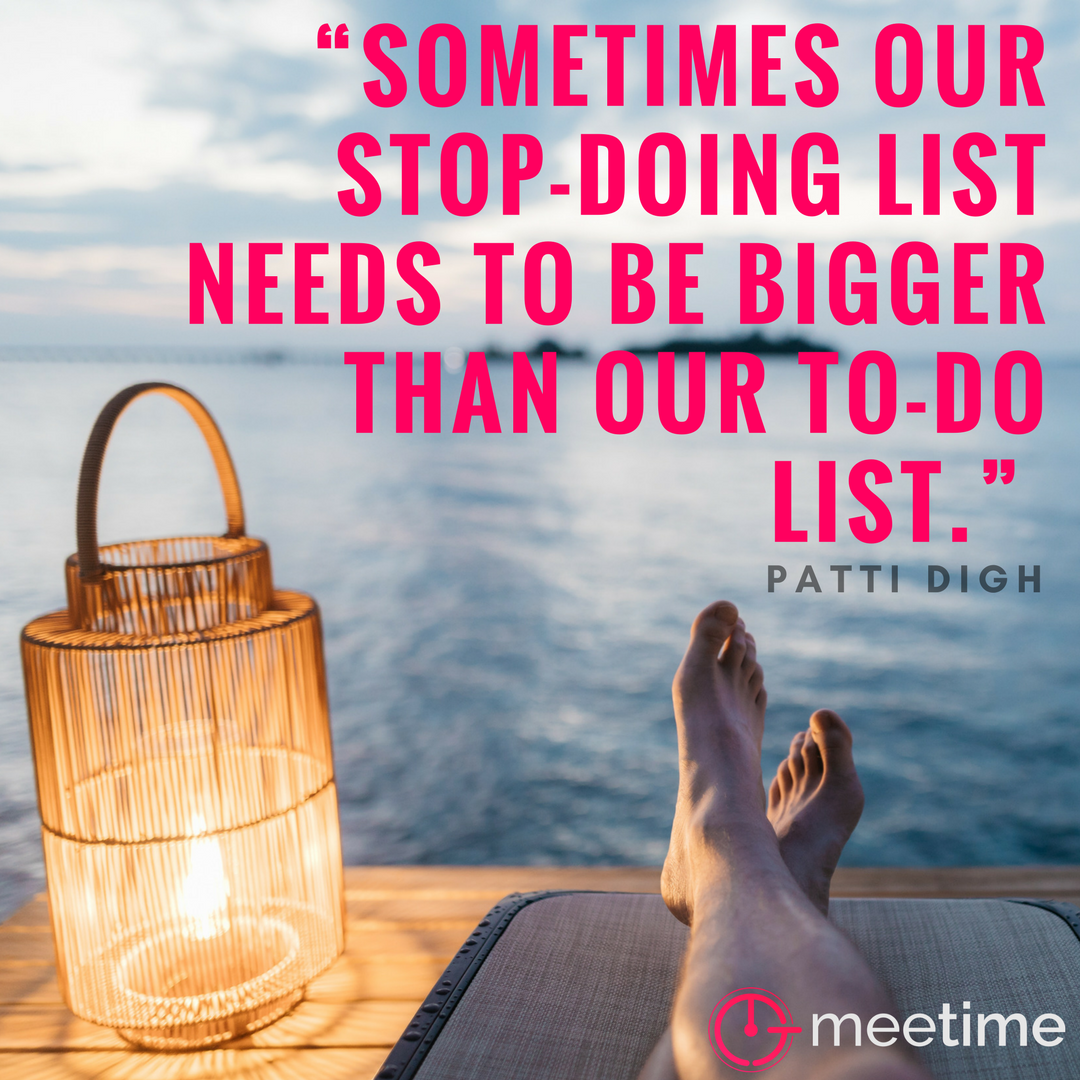

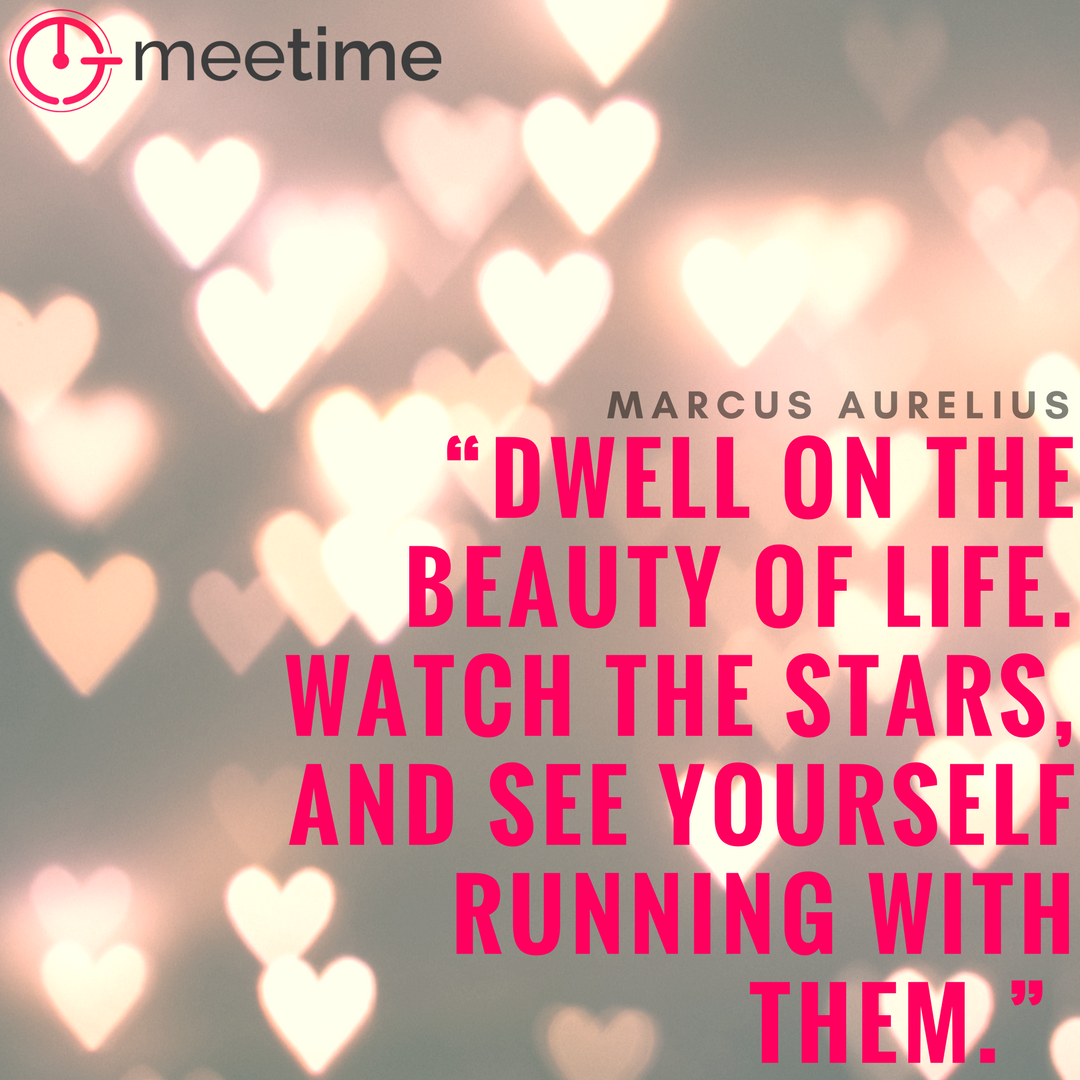



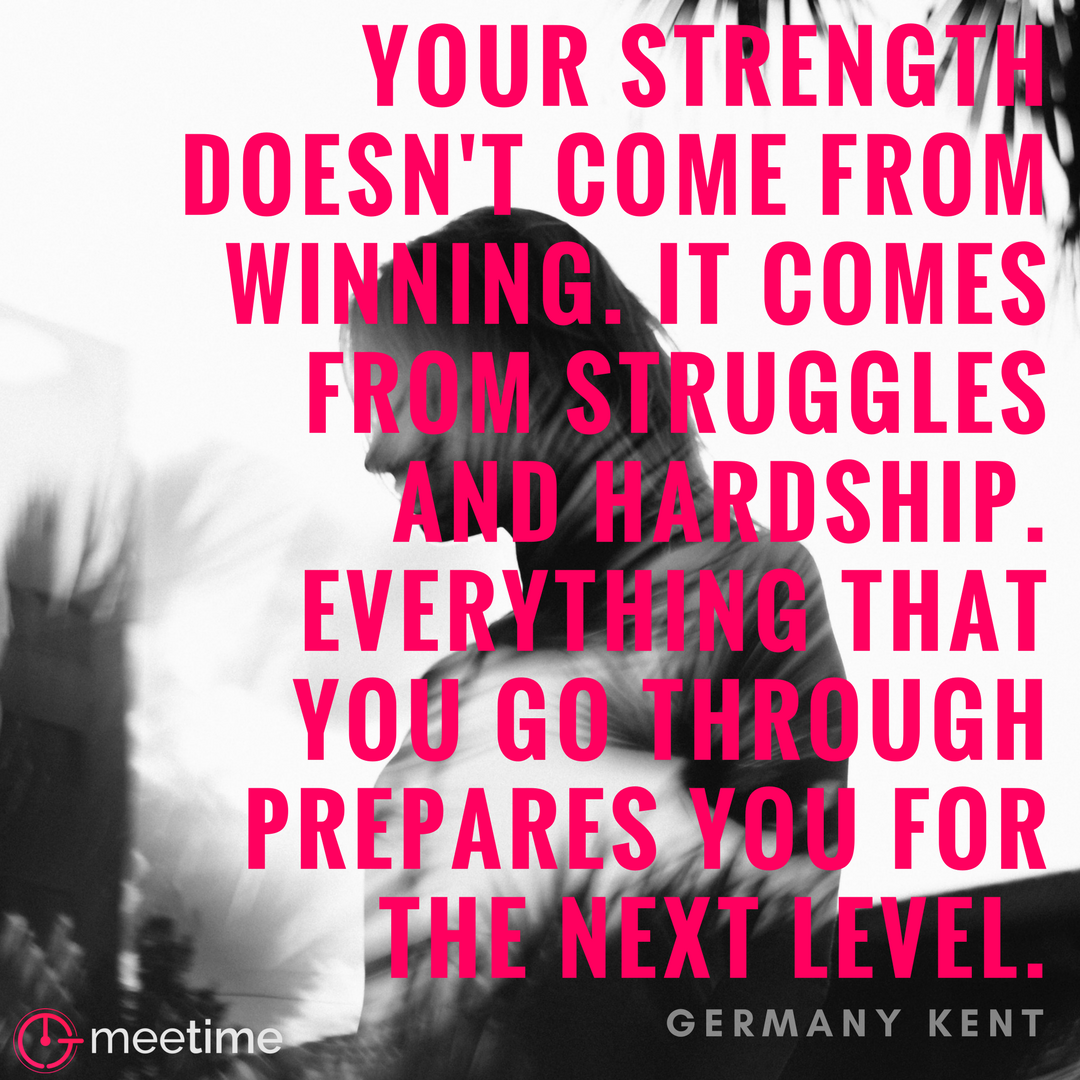

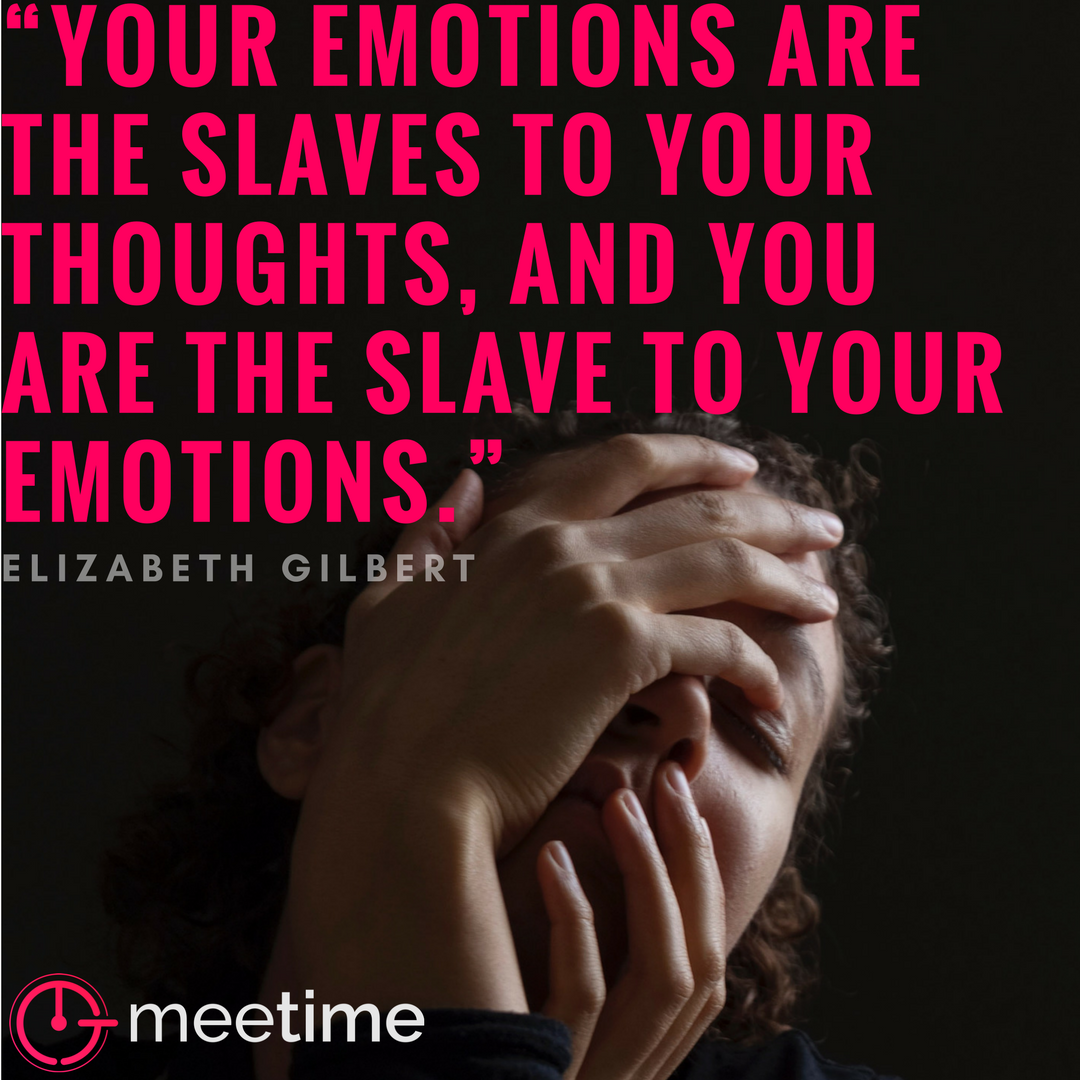

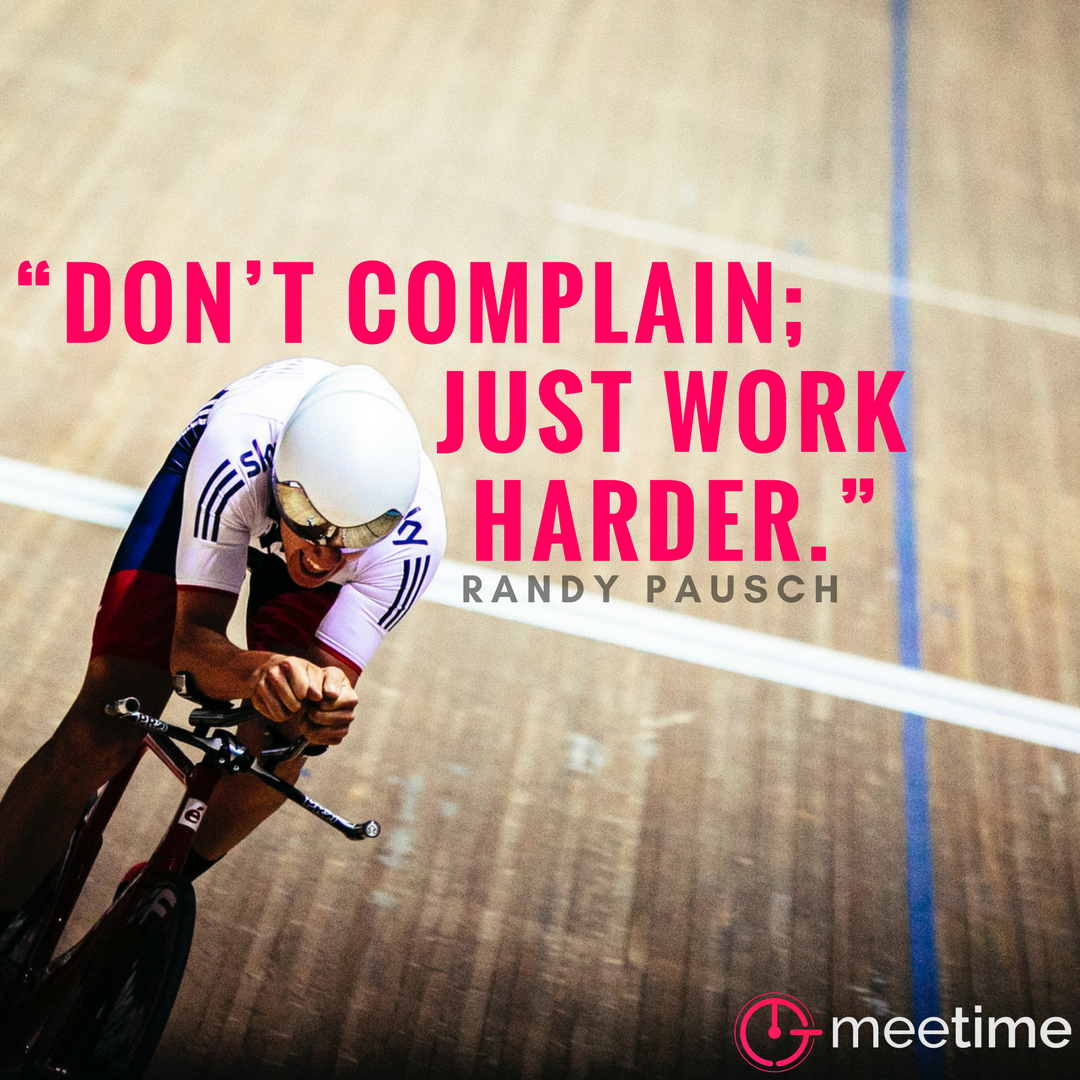

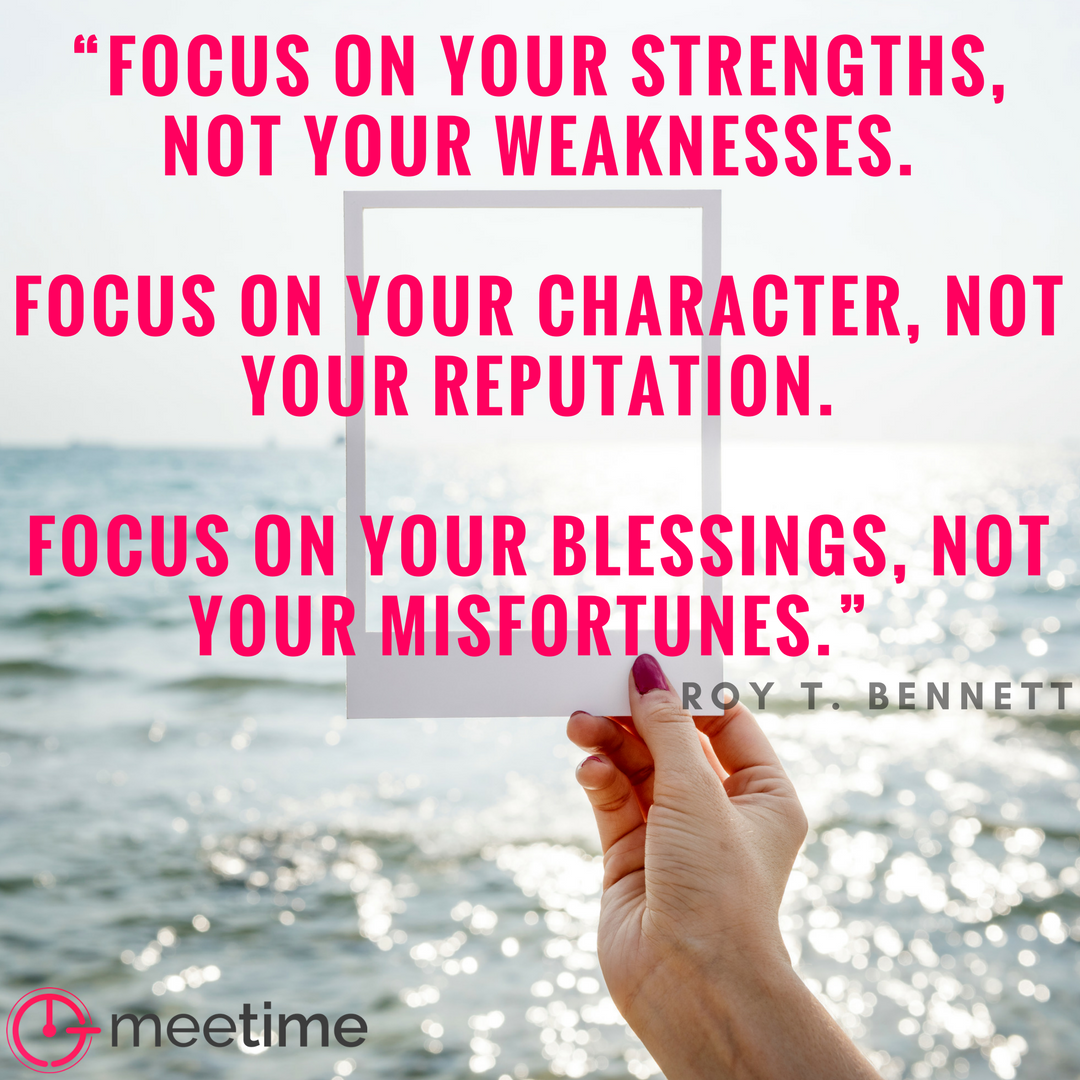



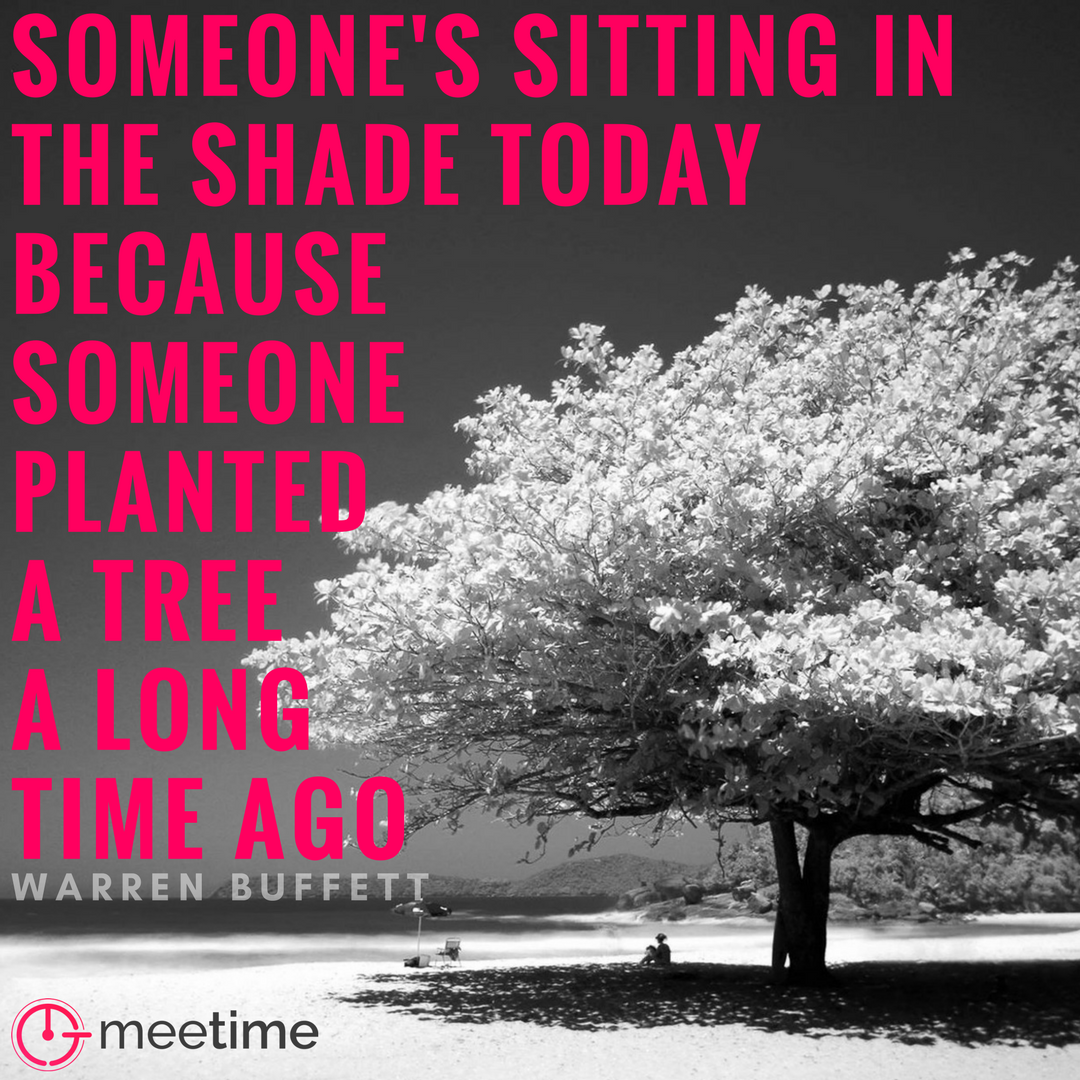

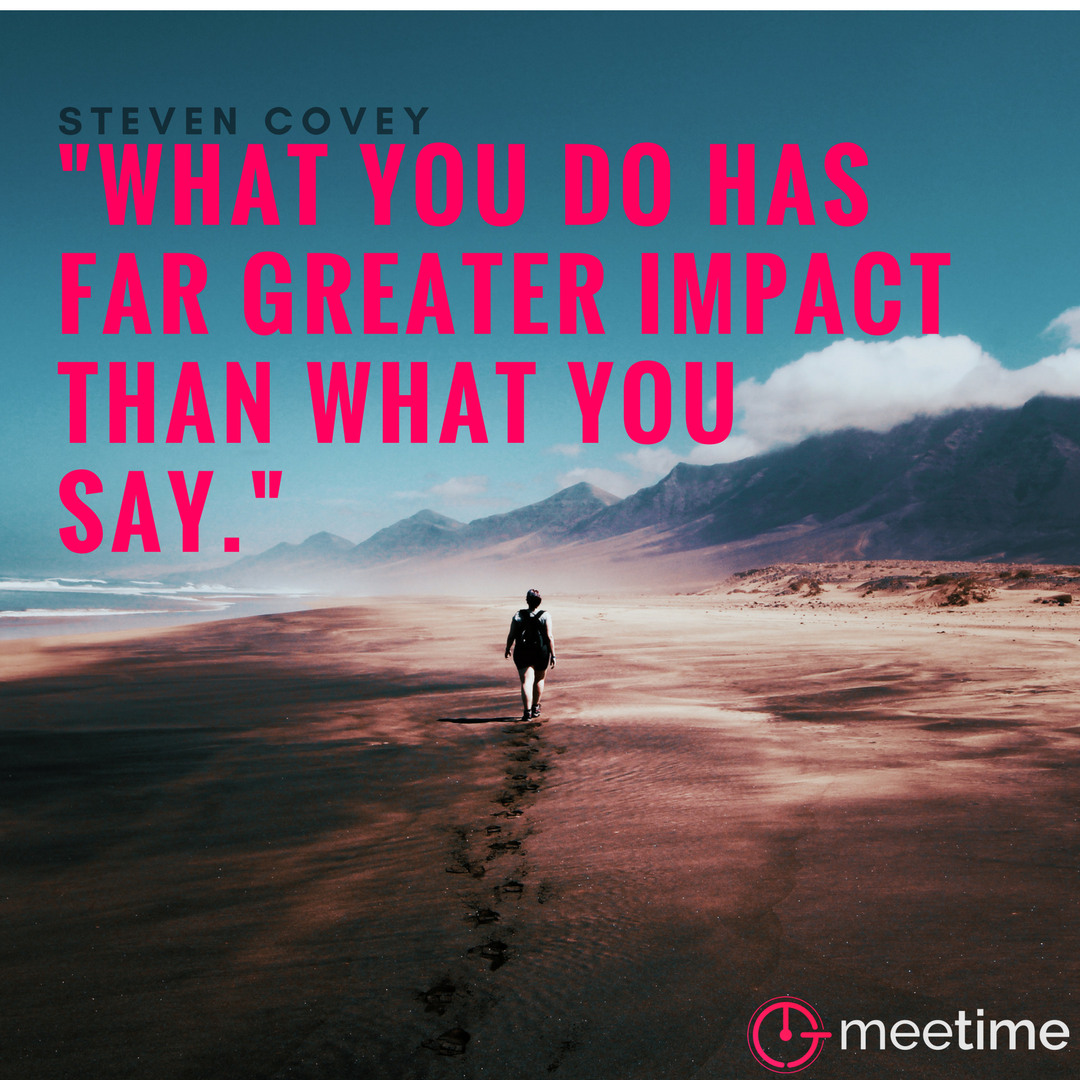

 RSS Feed
RSS Feed